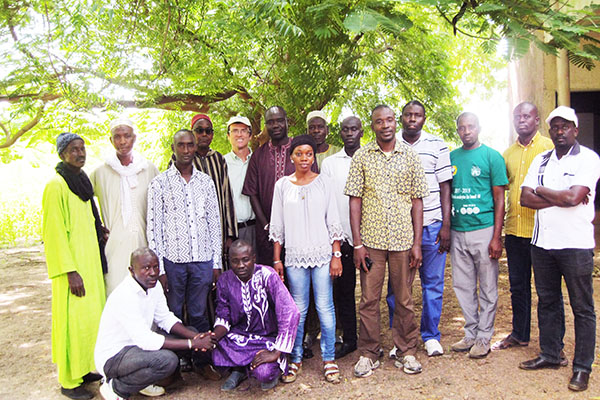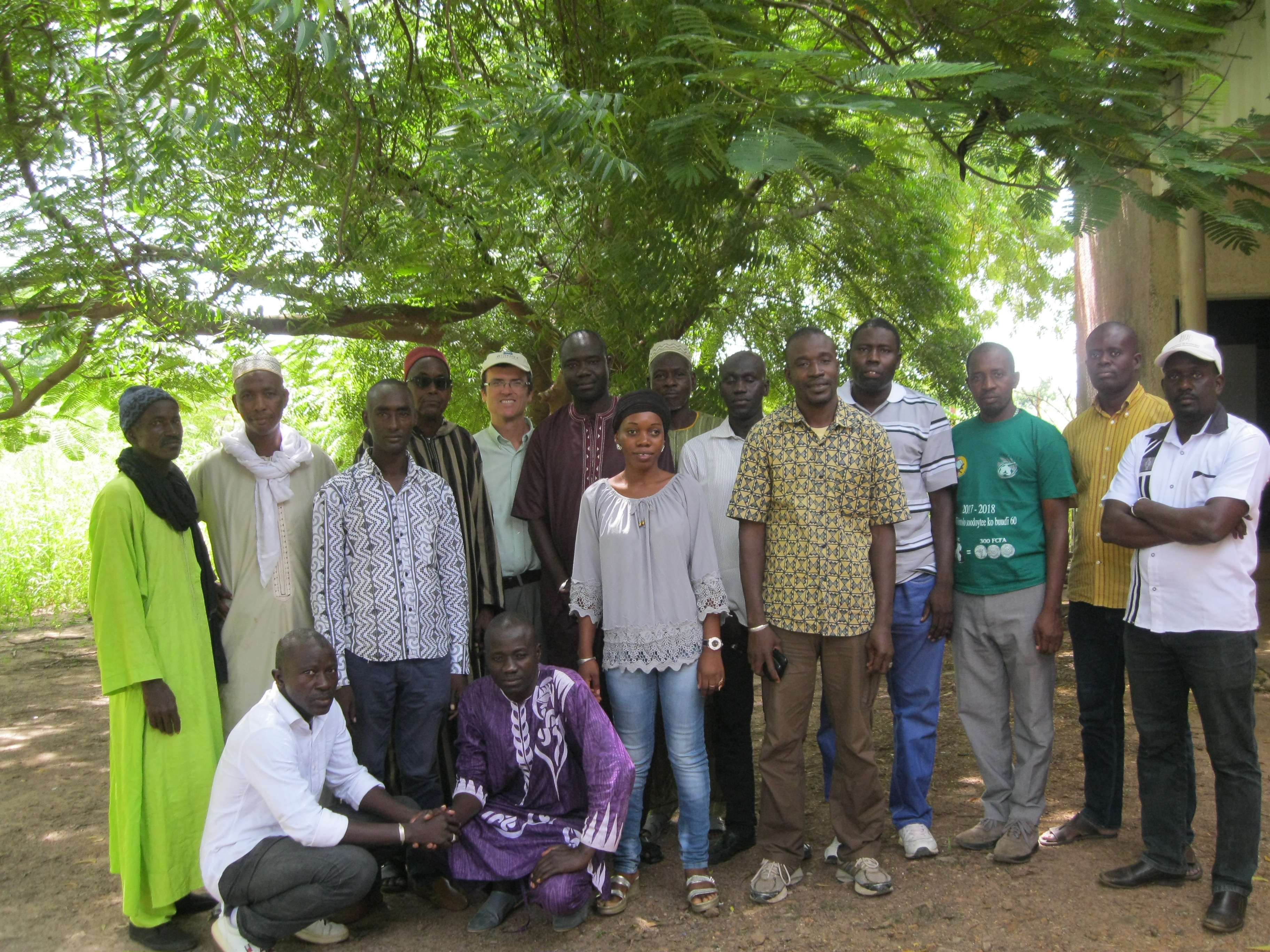
Volunteer Post
Strengthening Cotton Cooperatives in Senegal
Andy Lohof, Farmer-to-Farmer Volunteer
The Senegalese textile company SODEFITEX plays an important role in rural development. Founded in 1974, the company sources cotton from smallholder farmers in Senegal to produce textiles. SODEFITEX collaborates with a Senegalese financial institution to offer farmers inputs (cotton seeds and fertilizer) on credit and provides advice to farmers on how to improve cotton yield. After the harvest, SODEFITEX purchases the cotton at the farm level at a market price agreed upon before the planting season. After deducting a portion of the value of the harvested cotton to reimburse the input credit, SODEFITEX pays the remainder to the farmer.
These cotton farmers belong to the National Federation of Cotton Producers (FNPC) and are organized in village-level cooperatives to interact with SODEFITEX. Approximately 24,000 farmers in different regions of Senegal currently supply cotton to SODEFITEX. By facilitating input credit, offering farming advice, and purchasing the farmers’ cotton at a price set in advance, SODEFITEX offers valuable services that are often lacking in Senegal.
Unfortunately, cotton yields and production in Senegal have fallen in recent years. Adverse weather has contributed to the decline, but another factor has been lack of management and leadership at the farmer cooperative level. Production declines negatively impact both the farmers and SODEFITEX. Since farmers have not produced enough cotton to meet demand, SODEFITEX has had to turn away customers.
In September, Farmer-to-Farmer volunteer Andy Lohof spent two weeks in Senegal working with SODEFITEX and FNPC officials on training in management and leadership of farmer cooperatives. The training was held in Tambacounda, site of the main SODEFITEX production facility and the largest city in eastern Senegal, located approximately 400km from the capital city of Dakar.
In interactive training sessions with numerous group exercises, Mr. Lohof addressed questions such as how to convince farmers to participate actively in their cooperatives, how to set cooperative priorities, how to define and delegate cooperative responsibilities, and how to estimate the profitability of different crops to make informed planting decisions. At the end of the workshop, Mr. Lohof discussed how to replicate the training topics to the cooperatives at the village level.
In Senegal, per capita income is only $1,000 (less than 2% of that of the United States). Better management of the cotton cooperatives can result in more cotton for SODEFITEX and better lives for Senegalese farmers and their families.

